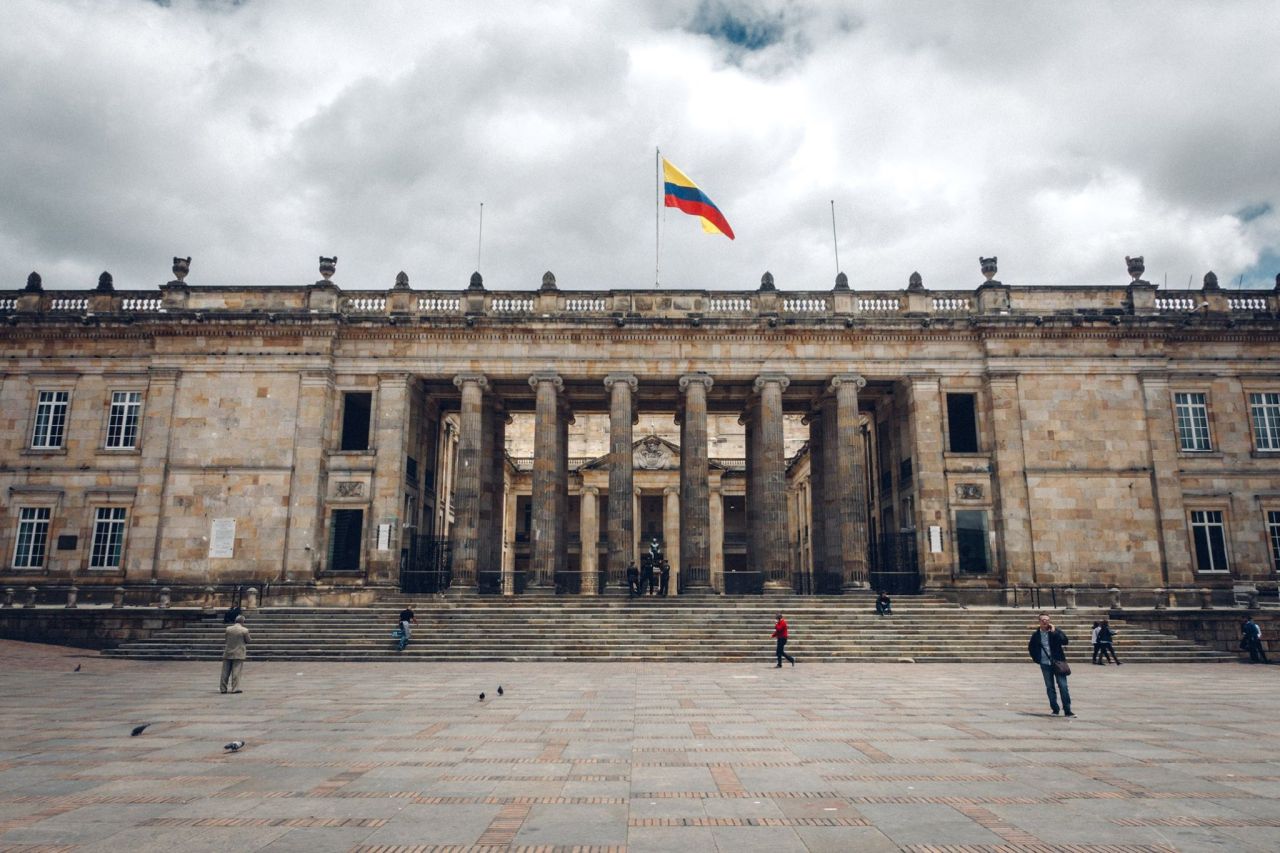As an VC investing in both the US and Latin America, I get to see how investors look at the world differently around the world. I gathered the top advice from Latin American venture capitalists on starting a company, fundraising, and how to keep moving forward that can be applied anywhere in the world.
Move faster and believe in yourself
“Move forward and do it faster than others.” – Rocio Fonseca, Executive Director, Start-Up Chile, Chile
Fonseca started and sold a microbiology company in Chile before running Start-Up Chile, the Chilean Government back incubator. Fonseca stresses that women especially need to trust in themselves when moving forward with their businesses. She thinks that if women are given access to education, coaching, and other female role models, countries can change their viewpoint on women’s empowerment.
Focus is Crucial
“It’s impossible to do everything at one time.“ – Sebastian Vidal, Executive Director, Parallel 18, Puerto Rico
Vidal has met many founders who lack focus. They’re all over the place, trying to launch in different markets, at the same time perform R&D. They don’t realize how fast money goes unless they focus on one specific thing. If a founder is distracted from the company’s primary mission, they lose traction, and waste money, leading to failure.
Be Frank about What You Don’t Know
“It’s really about listening and observing. “ – Amanda Jacobson, Sub Director, Fiinlab, Mexico
Everyone starts out somewhere, Jacobson observes. She started out asking a lot of questions, observing, listening, and asking questions to fully herself immerse in her position at Village Capital. People love to talk about what they know, she realized, which allowed her to build great connections that served her long-term. (more…)


